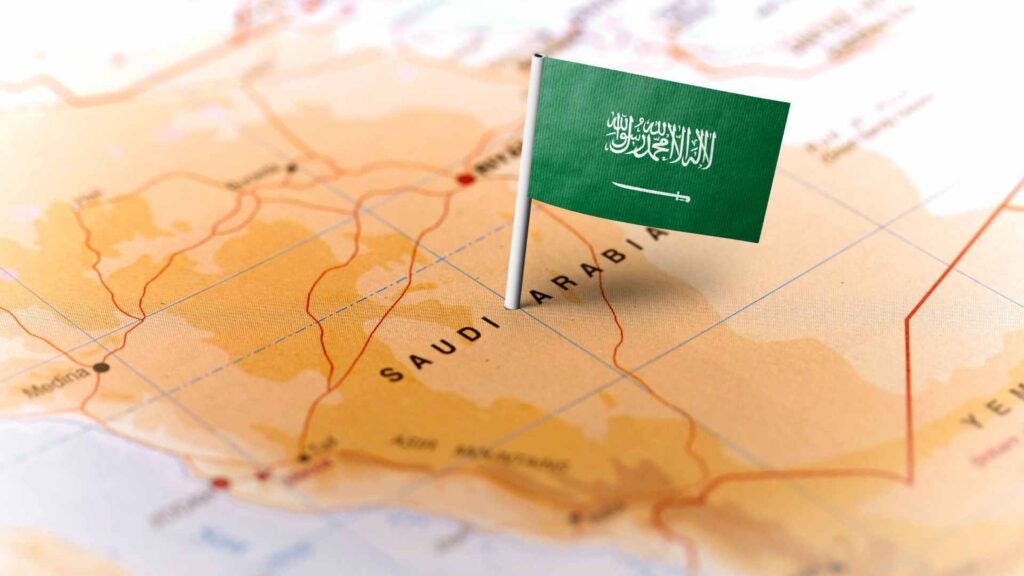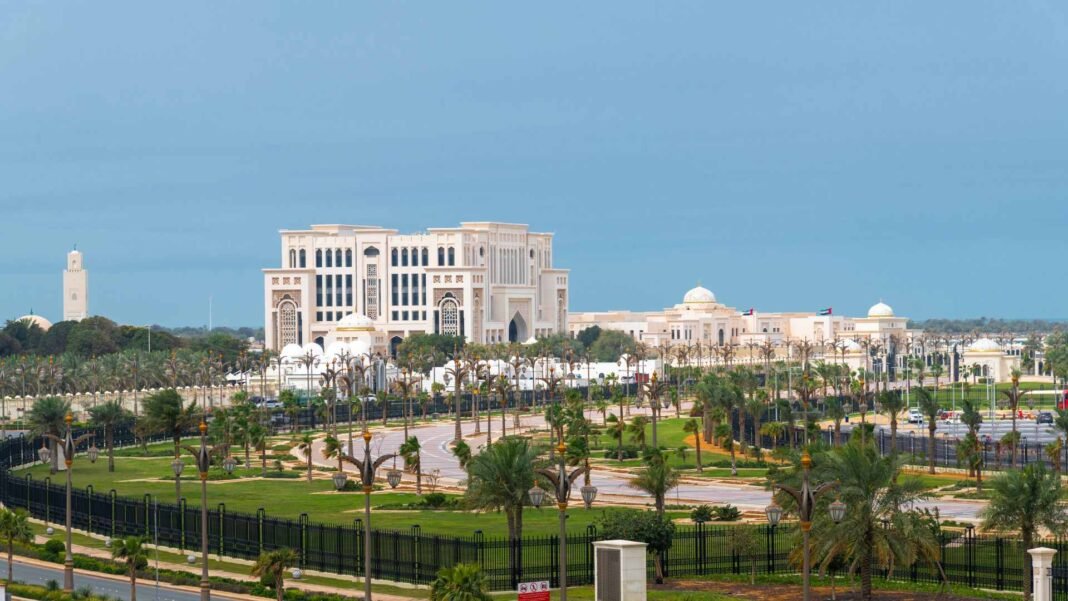Understanding the Goals of Saudi Vision 2030
Saudi Vision 2030 is a transformative initiative spearheaded by King Salman Bin Abdulaziz Al Saud, aimed at positioning Saudi Arabia as a global investment powerhouse by the year 2030. This vision encompasses strategic pillars focused on economic diversification, social development, and leveraging Saudi Arabia’s strategic location.
Saudi Vision 2030 is a comprehensive blueprint designed to propel Saudi Arabia beyond its current economic and social landscape. Under the guidance of King Salman Bin Abdulaziz Al Saud, the Kingdom aims to diversify its economy away from oil dependency, enhance social welfare, and strengthen its global standing through strategic reforms and initiatives.
Economic Transformation
Diversification of Economy
Central to Saudi Vision 2030 is the goal of economic diversification. By reducing reliance on oil revenue, Saudi Arabia seeks to build a resilient economy capable of sustained growth irrespective of fluctuating oil prices. This diversification involves investing in sectors such as tourism, entertainment, and technology, which hold promising potential for growth and job creation.
Privatization of State-Owned Assets
Another critical aspect of the economic transformation is the privatization of state-owned assets. This initiative aims to stimulate private sector involvement across various industries, fostering competition, innovation, and efficiency in service delivery.
Development of Strategic Sectors
The vision prioritizes the development of strategic economic sectors. Tourism and entertainment are being actively promoted to attract international visitors and create new job opportunities for Saudi nationals. Similarly, investments in technology and innovation aim to position Saudi Arabia as a regional leader in technological advancement and digital transformation.
Social Development
Investment in Education
To support its economic ambitions, Saudi Arabia is heavily investing in education. The focus is on equipping the younger generation with the skills and knowledge needed to thrive in a diversified economy. Initiatives include curriculum reforms, vocational training programs, and scholarships for studying abroad.
Healthcare Advancements
Improving healthcare services is integral to enhancing the quality of life for Saudi citizens. Investments in healthcare infrastructure, medical research, and healthcare accessibility are aimed at ensuring that all residents have access to high-quality healthcare services.
Social Programs
The vision also emphasizes social programs aimed at supporting vulnerable communities and enhancing social cohesion. Initiatives range from housing subsidies to unemployment benefits, designed to provide a safety net for those in need and foster a more inclusive society.
Ambitious Nation
Private Sector’s Contribution to GDP
A key metric of success for Saudi Vision 2030 is the increased contribution of the private sector to the GDP. By creating a conducive environment for business growth and entrepreneurship, Saudi Arabia aims to boost private sector investment across all economic sectors.
Job Creation Initiatives
The vision places a strong emphasis on job creation, particularly for Saudi nationals. Through targeted programs and incentives, the government aims to reduce unemployment rates and create sustainable employment opportunities in both traditional and emerging industries.
Government Efficiency and Transparency
Enhancing government efficiency and transparency is crucial to building public trust and attracting foreign investors. Reforms in governance and regulatory frameworks aim to streamline bureaucratic processes, improve service delivery, and uphold the highest standards of accountability.
Saudi Arabia’s Strategic Location

Gateway Between Continents
Situated at the crossroads of three continents—Europe, Asia, and Africa—Saudi Arabia enjoys a strategic geographic position. This geographical advantage positions the Kingdom as a pivotal hub for international trade, connecting global markets and facilitating seamless business operations.
Trade Opportunities
Saudi Arabia’s strategic location offers unparalleled opportunities for international trade and investment. The Kingdom’s modern infrastructure, including world-class ports and airports, supports efficient logistics and supply chain management, further enhancing its appeal as a global trading partner.
Cultural Exchange
Beyond economic benefits, Saudi Arabia’s strategic location fosters cultural exchange and dialogue among diverse civilizations. The Kingdom actively promotes cultural diplomacy through international events, exhibitions, and academic exchanges, enriching global understanding and cooperation.
Saudi Vision 2030 represents a bold commitment to transforming Saudi Arabia into a dynamic and diversified economy, a society with enhanced quality of life, and an ambitious nation that plays a pivotal role in the global arena. By leveraging its strategic location, Saudi Arabia aims to capitalize on its unique advantages to become a global hub for trade, investment, and cultural exchange, driving sustainable growth and prosperity for its citizens.
FAQs
- What is Saudi Vision 2030?
Saudi Vision 2030 is a long-term strategic plan to diversify Saudi Arabia’s economy and reduce its dependency on oil revenue.
- How does Saudi Vision 2030 aim to improve social welfare?
It aims to enhance education, healthcare, and social programs to improve the quality of life for Saudi citizens.
- Why is the privatization of state-owned assets important?
Privatization encourages competition, innovation, and efficiency in the economy, contributing to overall economic growth.
- What role does the private sector play in Saudi Vision 2030?
The private sector is crucial for economic diversification and job creation, aiming to increase its contribution to the GDP significantly.
- How does Saudi Arabia’s strategic location benefit its economy?
It positions the Kingdom as a global trade hub, connecting markets across Europe, Asia, and Africa, which facilitates international trade and cultural exchange.




